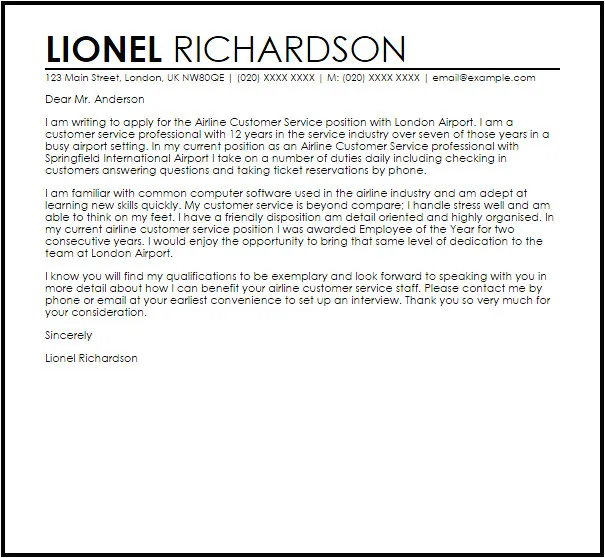Understanding the Airline Customer Service Role
An airline customer service agent plays a pivotal role in ensuring passengers have a positive travel experience. This involves handling inquiries, resolving issues, and providing support throughout the journey. From the initial booking process to addressing flight disruptions and baggage concerns, these agents are the frontline representatives of the airline, embodying the company’s values and commitment to customer satisfaction. Excelling in this role requires a blend of excellent communication skills, empathy, and the ability to remain calm under pressure. The ability to quickly assess situations, offer solutions, and maintain a positive attitude are essential attributes for success in this fast-paced environment. The airline industry values agents who can create a welcoming atmosphere and resolve issues efficiently, leading to increased customer loyalty and positive brand perception.
Key Responsibilities of an Airline Customer Service Agent
The key responsibilities of an airline customer service agent are diverse, encompassing various tasks aimed at providing excellent service. These professionals are often responsible for assisting passengers with booking and ticketing, modifying reservations, and processing refunds. They manage inquiries related to baggage, including tracing lost luggage and resolving claims. During flight disruptions, agents are crucial in providing updates, rebooking passengers on alternative flights, and offering accommodations when necessary. Furthermore, they are involved in handling customer complaints, resolving issues promptly, and ensuring passenger comfort and safety. Agents must also be well-versed in airline policies, safety regulations, and travel documentation requirements. They often work collaboratively with other departments, such as ground staff and flight crews, to coordinate passenger needs. These agents play a critical role in upholding the airline’s reputation and fostering customer loyalty.
Essential Skills for Success in Airline Customer Service
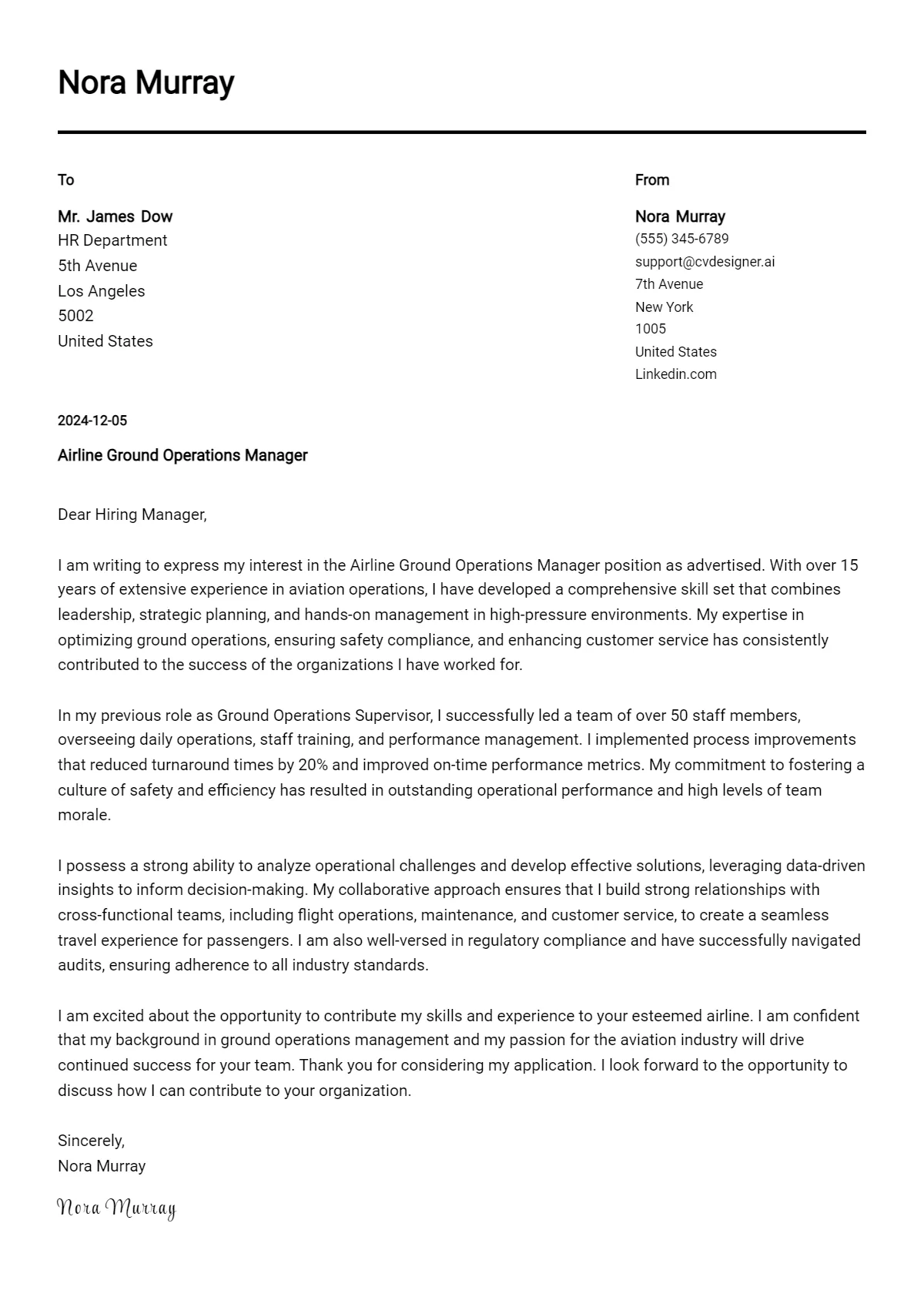
Several essential skills contribute to an airline customer service agent’s success. Excellent communication skills are paramount, requiring the ability to speak clearly, listen attentively, and convey information effectively. Agents must be able to interact with diverse passengers, demonstrating empathy and patience, especially in stressful situations. Strong problem-solving skills are essential to quickly assess issues, offer appropriate solutions, and resolve conflicts efficiently. Proficiency in computer systems and airline reservation software is crucial for managing bookings, updating information, and providing accurate travel details. Organizational skills are needed to handle multiple tasks, prioritize responsibilities, and maintain accurate records. Adaptability and the ability to remain calm under pressure are vital in the dynamic and often unpredictable airline environment. Multilingual abilities are highly valued, enabling agents to assist a broader range of passengers and enhance the overall customer experience. A positive attitude and a genuine desire to help others are fundamental qualities that drive customer satisfaction.
Tip 1 Highlight Your Communication Skills
Effective communication is the cornerstone of any successful cover letter for an airline customer service role. Highlighting your strong communication abilities demonstrates your capacity to interact with passengers effectively. The goal is to showcase your ability to articulate information clearly and concisely. Emphasize the use of active listening, ensuring you understand passenger needs and concerns. Showcase examples of how you’ve resolved complex issues through clear and empathetic communication. Additionally, highlight instances where you tailored your communication style to suit different personalities and cultural backgrounds. This showcases adaptability and a customer-centric approach. By clearly illustrating your communication skills, you position yourself as a candidate capable of creating a positive and supportive environment for all passengers.
Crafting a Compelling Opening
The opening of your cover letter sets the tone, making it crucial to capture the reader’s attention. Begin with a strong, personalized greeting addressing the hiring manager by name, if possible. Immediately express your enthusiasm for the airline customer service position. Briefly state your relevant experience and skills, highlighting how they align with the job requirements. Avoid generic phrases; instead, showcase your understanding of the airline’s mission and values. Mention a specific aspect of the role that excites you or a relevant achievement that immediately demonstrates your capabilities. A well-crafted opening conveys professionalism, sincerity, and a proactive attitude, setting a positive precedent for the rest of your cover letter. The opening must immediately show how the applicant’s skills directly match the airline’s needs.
Showcasing Active Listening
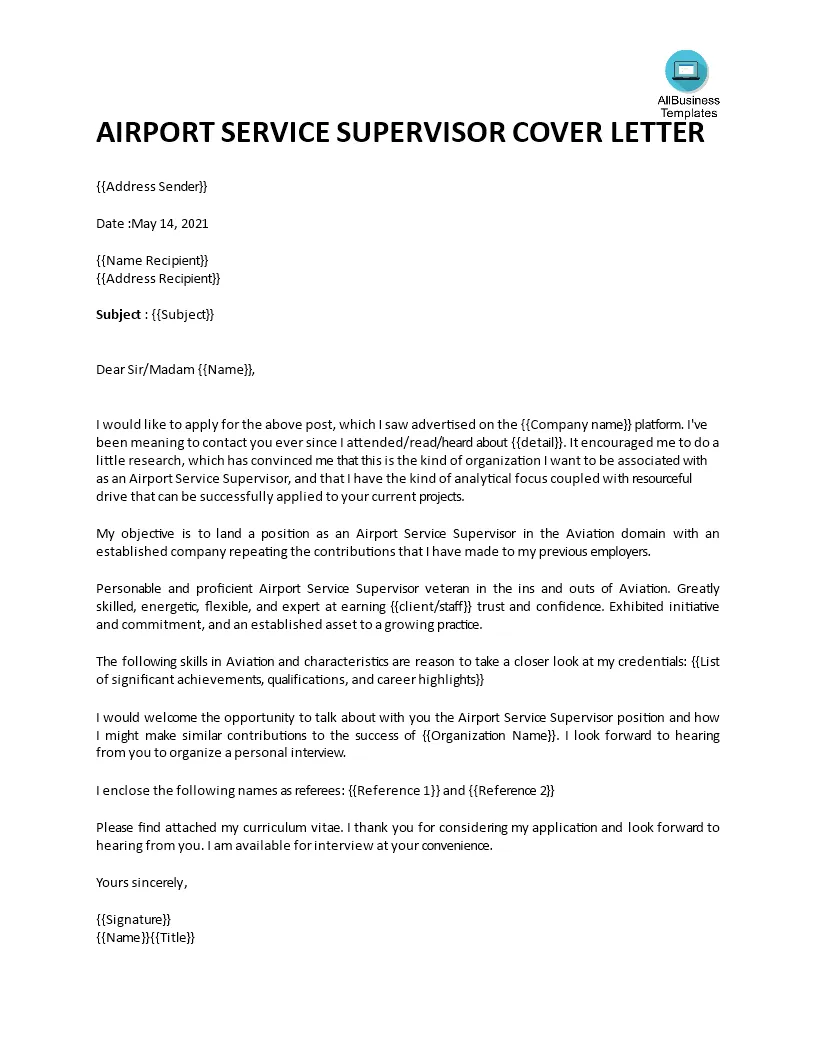
Active listening is an indispensable skill in airline customer service, and demonstrating this capability in your cover letter significantly enhances your candidacy. Describe instances where you attentively listened to passengers’ concerns, understood their needs, and responded appropriately. Provide examples of how you used active listening to identify underlying issues and find effective solutions. Highlight your ability to empathize with passengers’ situations, showing your understanding of their perspectives. Mention any training or experience you have in active listening techniques, such as summarizing, clarifying, and reflecting. Emphasizing active listening in your cover letter shows your commitment to providing personalized support and resolving customer issues effectively.
Demonstrating Empathy and Patience
Empathy and patience are vital traits in airline customer service, and showcasing these in your cover letter will make you stand out. Describe situations where you exhibited empathy towards passengers, especially during stressful circumstances like flight delays or lost baggage. Provide examples of how you remained patient, even when facing difficult customers or complex issues. Highlight how you managed to de-escalate tense situations and offered solutions that put passengers at ease. Emphasize your ability to understand and respond to passengers’ emotions, building trust and fostering positive interactions. By illustrating your empathy and patience, you demonstrate your capacity to provide exceptional customer service, turning challenging situations into opportunities for positive experiences.
Tip 2 Emphasize Relevant Experience
Your cover letter should highlight experiences directly relevant to the airline customer service role. If you have prior customer service experience, emphasize how you interacted with customers, resolved issues, and provided support. Focus on experiences where you successfully handled complaints, provided solutions, and went above and beyond to ensure customer satisfaction. Quantify your achievements whenever possible, providing metrics like the number of customer interactions handled, customer satisfaction ratings improved, or the number of issues resolved. Showcase any experience with travel, airlines, or the hospitality industry. Be sure to clearly link how your past experiences align with the requirements of the airline customer service position. Highlighting your experience demonstrates your preparedness to fulfill the role effectively.
Focusing on Customer Interaction
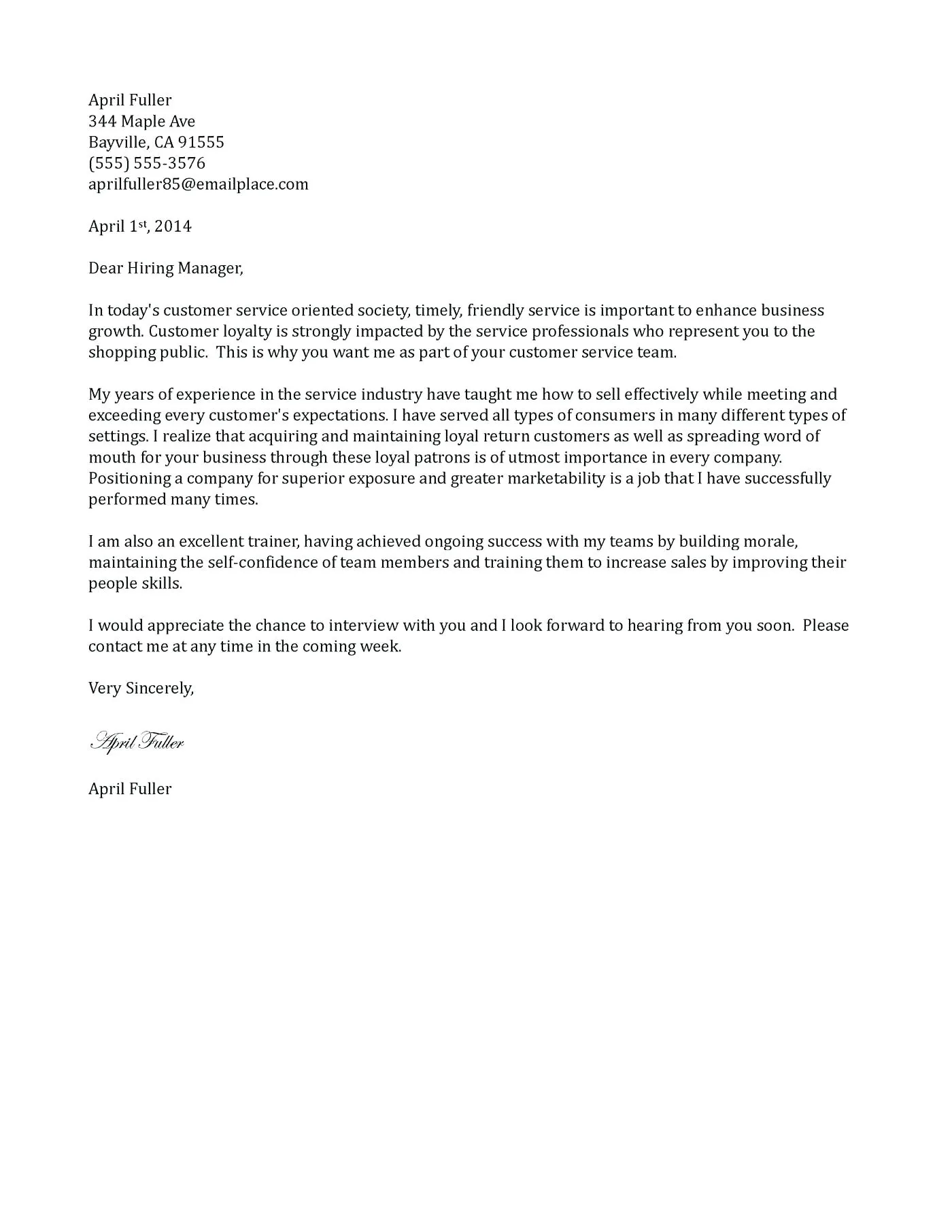
Customer interaction is at the core of an airline customer service agent’s responsibilities. Your cover letter must emphasize your experience in this critical area. Describe how you actively engaged with customers, understood their needs, and provided personalized support. Highlight situations where you resolved complex issues, calmed anxious customers, and built rapport. Emphasize any training or experience in customer service techniques, such as conflict resolution, active listening, and empathy. If you’ve worked in roles where you handled a high volume of customer interactions, be sure to mention those details. Focus on how you consistently delivered excellent customer service and created positive customer experiences. By showing a strong focus on customer interaction, you present yourself as a candidate who excels in building relationships and ensuring customer satisfaction.
Highlighting Problem-Solving Abilities
Airline customer service roles require strong problem-solving abilities. Showcasing these skills in your cover letter is essential. Provide specific examples of how you identified, analyzed, and resolved customer issues effectively. Describe challenging situations you encountered, such as flight disruptions, lost baggage, or booking errors, and outline the steps you took to find solutions. Highlight your resourcefulness in finding information, navigating complex systems, and collaborating with colleagues to assist customers. Mention any techniques you use, such as root cause analysis, to prevent recurring problems. By emphasizing your problem-solving skills, you demonstrate your capacity to handle complex issues, maintain calm under pressure, and contribute to a seamless customer experience.
Showcasing Experience with Airline Systems
Experience with airline systems can significantly boost your candidacy. If you have experience using reservation systems like Amadeus, Sabre, or similar platforms, mention them directly. Highlight any experience with check-in systems, baggage tracking software, and flight management tools. Describe your ability to navigate these systems to manage bookings, update passenger information, and resolve customer issues. If you’ve received training in these systems, be sure to include it. Even if you lack direct airline system experience, mention any transferable skills, such as proficiency in data entry, database management, or computer literacy. This demonstrates that you can quickly adapt to new software and systems. Highlighting your knowledge of, or ability to quickly learn, airline systems shows your preparedness to effectively perform the key responsibilities of the role.
Tip 3 Quantify Your Achievements
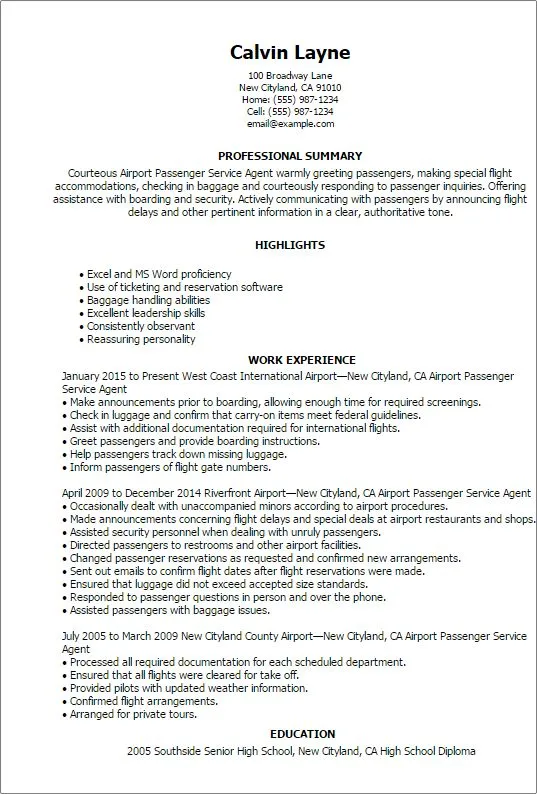
Quantifying your achievements is a powerful way to demonstrate your impact in your cover letter. Use numbers and metrics to showcase your success in previous roles. Instead of saying you improved customer satisfaction, state the percentage increase achieved. Instead of saying you handled many calls, indicate the average number of customer interactions managed per day or week. If you reduced customer complaints, specify the percentage of reduction. For instance, you might state, “Improved customer satisfaction scores by 15% through proactive issue resolution”. Quantifying your accomplishments gives hiring managers concrete evidence of your capabilities and the value you brought to previous roles. Whenever possible, support your claims with data to clearly showcase your contributions and qualifications.
Providing Measurable Results
Providing measurable results in your cover letter adds credibility and strengthens your application. Focus on quantifying your achievements to demonstrate your impact. For example, instead of saying you “resolved customer issues,” state, “resolved an average of 25 customer issues daily, resulting in a 10% decrease in customer complaints.” If you’ve improved efficiency in your previous roles, provide specific figures, such as the percentage of time saved or the number of tasks completed within a given timeframe. If you received positive feedback from customers, quantify it with data like the number of positive reviews or the average customer satisfaction score. Providing clear and quantifiable results makes your cover letter more compelling and provides tangible evidence of your capabilities and accomplishments.
Using Numbers to Showcase Success
Numbers can be very effective in showcasing your success. They add weight and credibility to your claims. Include specific numbers to illustrate your achievements. For instance, when discussing your customer service skills, you might state, “Consistently received a 95% customer satisfaction rating.” If you have experience with sales, you might say, “Increased sales revenue by 20% within six months.” Similarly, if you’ve managed a team, you might highlight the number of employees you supervised, the reduction in employee turnover, or the increase in productivity. Using numbers helps hiring managers quickly understand the scope of your accomplishments and your value as a candidate. Numbers provide solid evidence of your past performance, setting you apart from other applicants.
Tip 4 Tailor Your Cover Letter
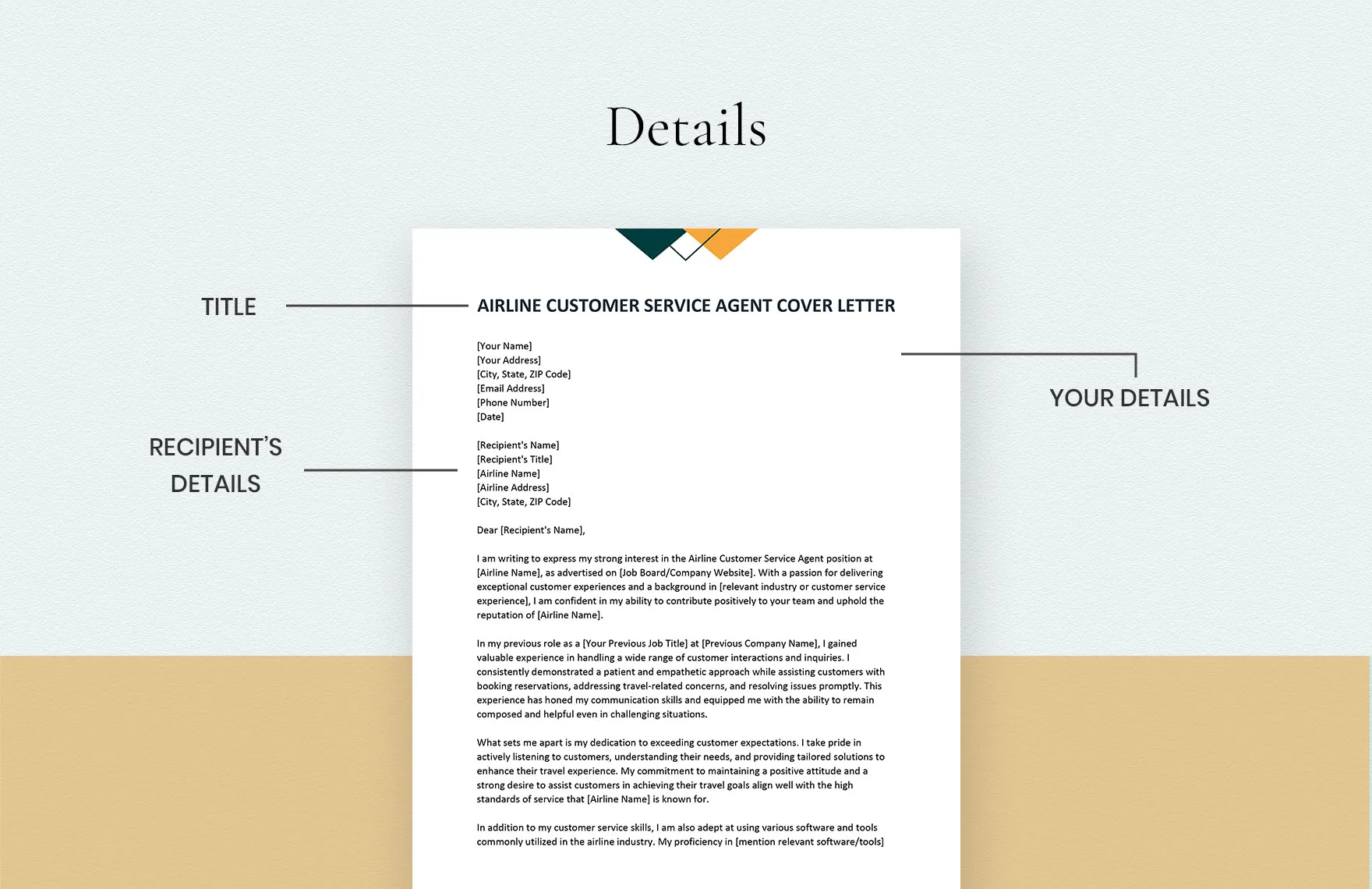
Personalizing your cover letter for the specific airline and role demonstrates your interest and professionalism. Avoid using a generic template; instead, carefully review the job description and tailor your letter to match the requirements and expectations. Use keywords from the job description to showcase your relevant skills and experience. Research the airline to understand its mission, values, and current initiatives. Mention specific aspects of the airline that resonate with you. This may include their customer service philosophy or their recent accomplishments. Illustrate how your values and skills align with the airline’s culture. By tailoring your cover letter, you show that you’ve taken the time to understand the airline and that you are a suitable candidate for the specific role. This increases your chances of making a positive impression.
Researching the Airline
Thoroughly researching the airline is a critical step in tailoring your cover letter. Visit the airline’s website to learn about its history, mission, values, and customer service approach. Review their recent press releases, social media profiles, and any other available information to understand their current priorities and initiatives. Take note of any awards or recognition the airline has received for its customer service. Identify any unique aspects of their brand or service that you can highlight in your cover letter. Use your research to tailor your letter to reflect your understanding of the airline’s culture, values, and goals. Demonstrating that you’ve researched the airline shows genuine interest and provides context for why you are a good fit.
Customizing Your Letter for the Specific Role
Customizing your cover letter for the specific role is important. Carefully analyze the job description to identify the required skills, experience, and qualifications. Use the job description as a guide to structure your letter. Highlight how your skills and experiences match those requirements. Use the same keywords from the job description throughout your cover letter to make it clear that you possess the required skills. Tailor your letter to reflect the specific responsibilities and expectations of the role, providing examples of your ability to meet those challenges. By customizing your letter, you demonstrate that you are prepared to contribute to the team and meet the needs of the specific position. It demonstrates a keen interest and thoroughness that can greatly influence the hiring manager.
Demonstrating Your Knowledge of Airline Values
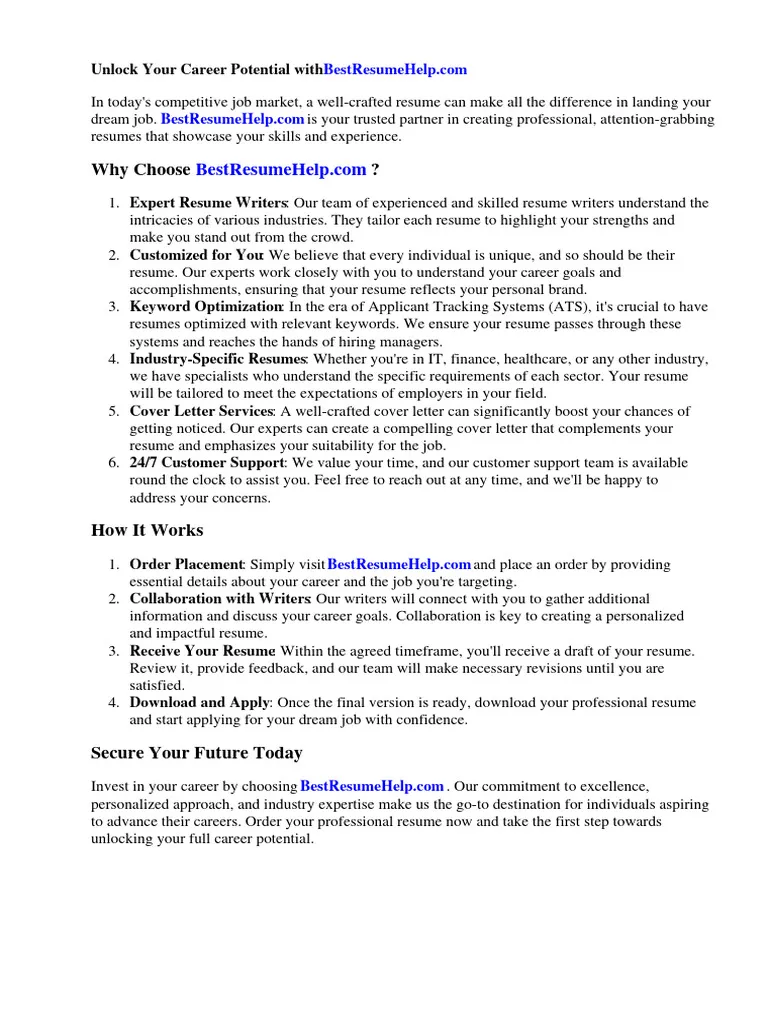
Demonstrating your knowledge of the airline’s values can make your cover letter stand out. Many airlines emphasize values such as customer service excellence, safety, innovation, and teamwork. Incorporate these values into your cover letter by demonstrating how your own values align with the airline’s. Provide examples of how your past experiences showcase your commitment to these values. For example, if the airline values customer service, discuss how you provided exceptional service in previous roles. If they prioritize safety, highlight any relevant experience or training. This shows that you understand the airline’s priorities and that you are a good cultural fit. Referencing the values of the airline builds a strong case that you are aligned with the company’s standards and goals.
Tip 5 Proofread and Edit Your Cover Letter
Proofreading and editing your cover letter are essential steps to ensure it represents you professionally. Review your cover letter for any grammatical errors, spelling mistakes, and punctuation issues. A well-written letter reflects attention to detail and professionalism. Check the sentence structure, clarity, and flow of your writing. Ensure your language is concise, direct, and easy to understand. Ask someone else to review your cover letter for a second opinion. A fresh pair of eyes can often catch errors that you might miss. By thoroughly proofreading and editing your cover letter, you present yourself as a polished and meticulous candidate who pays attention to detail. This leaves a positive impression on potential employers and showcases your dedication to excellence.
Checking for Grammatical Errors
Carefully checking for grammatical errors is a critical step in finalizing your cover letter. Even minor grammatical errors can diminish your credibility and give the impression of carelessness. Read your cover letter several times, focusing solely on grammar. Review each sentence for correct subject-verb agreement, proper use of tenses, and accurate punctuation. Use a grammar checker tool to assist with the review, but also rely on your own eyes to verify the results. Look for common errors, such as incorrect use of commas, misplaced apostrophes, and misspelled words. By ensuring your cover letter is free of grammatical errors, you present yourself as a detail-oriented and professional candidate. This also shows the hiring manager you pay attention to the finer details.
Ensuring Clarity and Conciseness
Ensuring clarity and conciseness in your cover letter is essential for making a strong impression. Write in a clear and straightforward style, avoiding jargon or overly complex language that could confuse the reader. Use concise sentences and paragraphs to convey your points effectively. Keep your cover letter to one page. This makes it easier for the hiring manager to quickly grasp your key qualifications. Proofread your letter to ensure your message is delivered with the utmost clarity. Make every word count and avoid unnecessary phrases. By emphasizing clarity and conciseness, you show your ability to communicate effectively and make a favorable impression.
Formatting Your Cover Letter Professionally
Formatting your cover letter professionally is crucial for a positive first impression. Use a standard font such as Times New Roman, Arial, or Calibri, and maintain a consistent font size (e.g., 11 or 12 points). Ensure your cover letter is well-structured with clear headings, paragraphs, and adequate spacing. Use bullet points or numbered lists to highlight key skills and achievements. Ensure the letter is easy to read. Align your text to the left and avoid justifying the text, as this can create uneven spacing. Check for any formatting errors or inconsistencies. A well-formatted cover letter shows attention to detail and professionalism, which are essential for airline customer service positions. This creates a positive impression and makes your application stand out.
Concluding Your Cover Letter
The conclusion of your cover letter is your opportunity to reiterate your interest in the position and encourage the hiring manager to contact you. Summarize your key qualifications and skills, emphasizing how you align with the job requirements. Reiterate your enthusiasm for the opportunity and express your eagerness to learn more. Include a call to action by providing your contact information and inviting the hiring manager to reach out to you. Thank the hiring manager for their time and consideration. Maintain a professional tone throughout the conclusion, expressing your confidence in your abilities and your readiness to contribute to the airline’s customer service team. A well-crafted conclusion leaves a lasting positive impression, increasing your chances of securing an interview.
